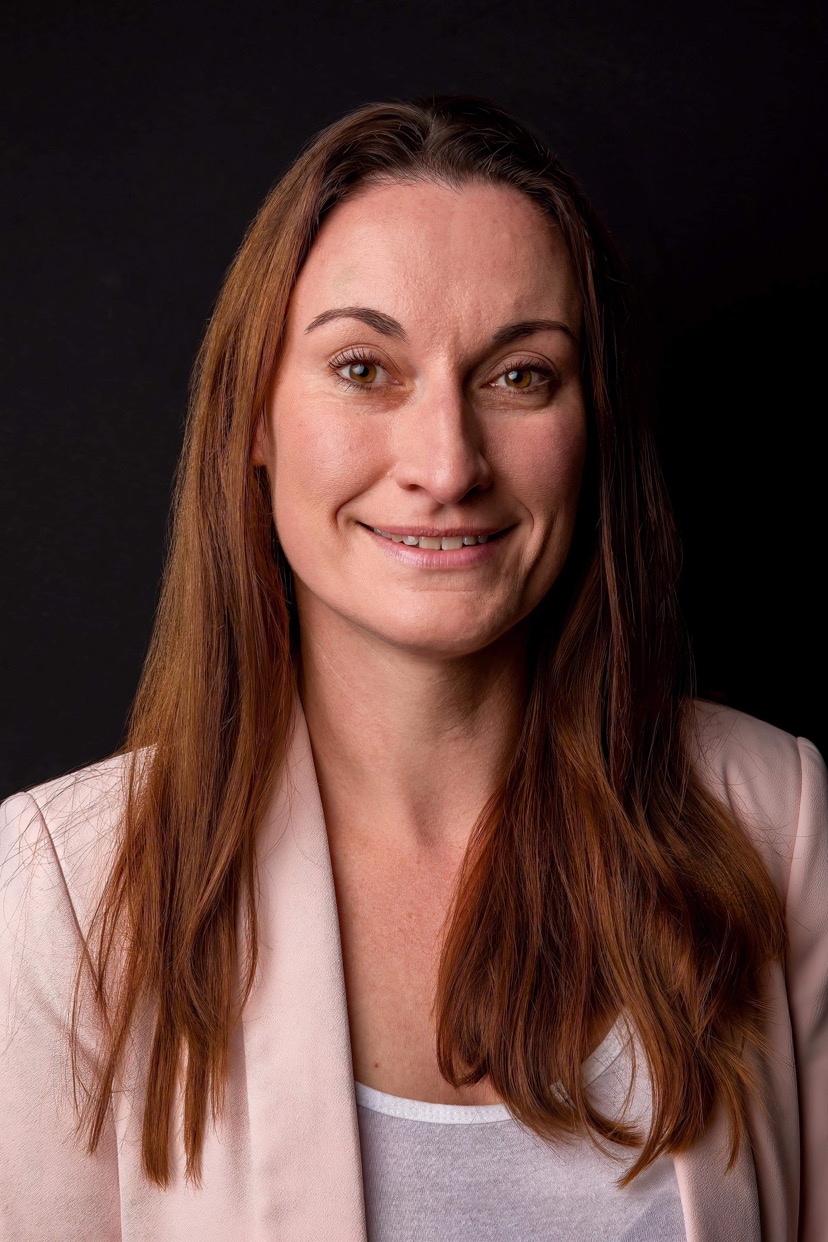Letter to Congleton Chronicle 29/1/23 URC and COE action on climate and biodiversity crisis
- Lisa Miller
- Jan 22, 2023
- 3 min read

Dear sir,
I am writing to commend the amazing work that is being carried out by the United Reformed Church and Church of England (St. Peter's, St. Stephen’s, Holy Trinity Mossley and St. John’s Buglawton) across the Congleton area in response to the mounting climate and biodiversity crisis. (apologies of course if I missed anyone out)
The United Reformed Church, led by Rev. Murray George, has formed its own church environmental group to explore what actions individual church members as well as the church as a whole can take. Rev. Murray George teaches his congregation of the effects of Climate Change and welcomes discussions on how together we can halt the decline in species and loss of habitats. The United Reformed Church has the aim of urgently reducing carbon emissions across the whole of church life in order to reach net zero emissions of greenhouse gases by 2030. They also aim to protect and increase biodiversity. The Church has already started on these aims by planning to convert its garden to a wildlife-friendly haven. Rev. Murray George is a member of Climate Action Group, a local proactive group that wishes to address the climate and biodiversity crisis. If you wish to volunteer for the wildlife garden initiative do please contact Jackie Kay on cw12climateaction@gmail.com. The URC is also running short films at the church to educate the community. All are welcome. The next showing will be on Thursday 26th January at 7pm - 9pm of ‘The Oil Machine’. The film brings together a wide range of voices from oil company executives, economists, young activists, oil workers, and pension fund managers, and considers how this machine can be tamed, dismantled or repurposed.
The Church of England is equally being very proactive to protect and restore our environment. The Archbishop of Canterbury, Justin Welby, teaches that ‘the outlook for climate change is not potentially bad, it is potentially fatal for the most fragile places and regions on earth and for the billions of people that live in them’, therefore responding to climate change is an essential part of our responsibility to safeguard God’s creation. The Archbishop of Canterbury has also appealed to the government to commit to the ambitious targets that have been set out by multiple international conferences (the latest was COP27 in Egypt). The Church of England has set up an environment programme to enable the whole Church to address this — in faith, practice and mission. This includes tackling its own carbon emissions. This has included installation of solar panels, moving from oil to electric heating, improving insulation in church buildings and even heated cushions for everyone to sit on in some churches, rather than heating the whole building. Many Churches across the country are now setting up community gardens where everyone is welcome to grow their own and garden for wildlife.
The crisis affecting nature is as great as the climate crisis. Caring for creation means looking after our land for the benefit of nature and people. ‘Caring for God’s Acre’ charity works nationally to support groups and individuals to investigate, care for, and enjoy churchyards and burial grounds, appealing to many who are interested in local history and the natural world. There are over 20,000 burial grounds in England and Wales, and these grounds encapsulate the history of communities whilst offering refuge for our native wildlife. Here in Congleton, St Peter’s churchyard is indeed an excellent example of a wildlife haven. It was assessed by Cheshire Wildlife Trust in the recent past and found to have a wonderful diverse wildflower meadow that supports pollinators and mammals alike. When I visit the churchyard myself it is a lovely sight to see, especially in peak summer.
Many thanks
Lisa Miller
Congleton Green Party






Comments